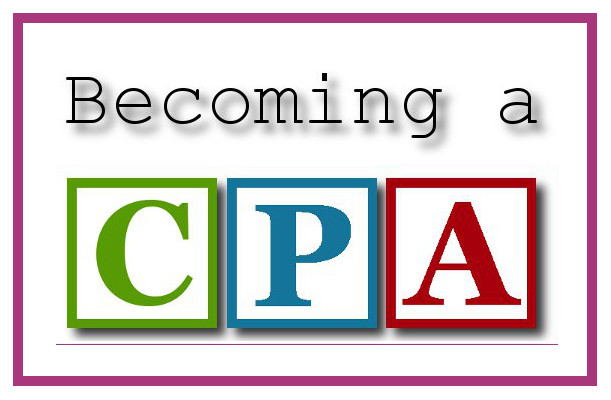Fundamentals of Accounting – Class 1
I had my first undergraduate level accounting class last Thursday. I was completely stoked for it, as I usually am before the first day of class.
The class was… okay. The material (very basic, but new to me) was fascinating. The actual class? Not so much. The professor had obviously had a long day, which wouldn’t have bothered me except she kept mentioning it. The first hour of class was general housekeeping (introductions, going over the syllabus, etc.), which was to be expected. The second part of class was a lecture on the first chapter of the book.
And when I say “lecture,” what I mean is that the professor read to us from the PowerPoint of the first chapter of the book. It may be ungenerous to say it, but it seemed clear that she had never seen the presentation before putting it in front of us, and was just going through the motions of “teaching” us the material.
Now, she’s been the head of the accounting department at CCD for a long time, and the few times she did break off from the PowerPoint, it was obvious that she knew her stuff. But if Thursday’s experience is what class is going to be, I can accomplish the same thing reading the book myself.
I was talking to my cousin about the situation, and she said:
So there are, in my opinion, 3 reasons to attend a class rather than surfing wikipedia / picking up a textbook and working through it on your own:
- Structure to figure out what you need to learn, and incentive to do the work.
- Someone to help you out if you’re having trouble learning
- Objective proof that you have learned
Which (if any) of these are you interested in?
Thinking about it, I’ve decided that, for any given class, two is the most important thing to me. One can be important, depending on the subject, and three is only important when the “objective proof” is going to gain me something: a better job, a higher salary, or recognition from my peers and colleagues.
In the case of this Accounting 101 class—being that it’s an undergraduate class that I’m taking to see if I’m interested in accounting enough to warrant going back to school to get a Masters degree in it—
- I think the only structure I need was provided to me in the form of the syllabus that the professor handed out on Thursday, and the incentive to do the work is that I find the subject matter challenging and interesting.
- Someone to help me out if I get stuck is a little trickier, but there are several CPAs at my workplace who might be willing to answer a few basic questions, and my aunt is a bookkeeper.
- I don’t need a credit in the class for anything other than to get a basic bookkeeping job, and I already have a job that I like very much, thank you.
Now I have a choice to make…
Option 1: Do I stay in this class for the benefit of someone to help me when I get stuck, someone to correct my homework, and the value of being quizzed on the subject to see how well I’ve truly learned it?
-or-
Option 2: Do I drop the class, put the money I was paying for it toward my masters degree in the fall, and learn on my own from the book, getting help from my network of colleagues and family as I need it?
Over the weekend, in an attempt to figure out if I could just study the book and teach myself the basics of accounting, I read through Chapter 2 in the text book, and did all of the “homework” exercises.
It was… not quite as easy as I was expecting, but it was fun and challenging, and rewarding to be able to complete the homework assignments and double-check my answers by going back through the text.
The Decision
For a while this weekend I was thinking that I might go to class this Thursday, just to see if attending class was going to be worthwhile at all, but after completing the homework in Chapter 2, I decided that I’d rather have $500 and go through the book myself.
So, unstructured learning here I come. But “unstructured” doesn’t have to mean moving forward with no plan at all. Quite the contrary. With a plan, I have a much better chance of succeeding in teaching myself the fundamentals of accounting.
The Plan
Every Thursday, instead of going to a structured class, I’m going to find a quiet place to read through a chapter of my text book. As for the venue, I’m trying to decide if grabbing dinner at a fast casual restaurant and studying is going to be more effective than going home, making a light dinner, and disappearing into my study room.
Over the weekend, I’m going to work on the homework exercises, which I’m going to require myself to have done by Monday (so that I can get help from work people if I need it).
As for testing myself, once a week I’m going to write a blog post explaining the concepts of a chapter of my text book. Being able to explain the new concept clearly, in my own words, will prove to me that I understand it and will remember it. As they say, “You remember 90% of what you teach.”
In with learning Fundamentals of Accounting, I also have to be studying for the GMAT. I’ll fit that in on Tuesday and Wednesday to get me ready to take the GMAT in March.
That’s my plan. In order to (continue to) keep myself accountable, I’ll keep this blog informed of my progress.


{ 1 trackback }